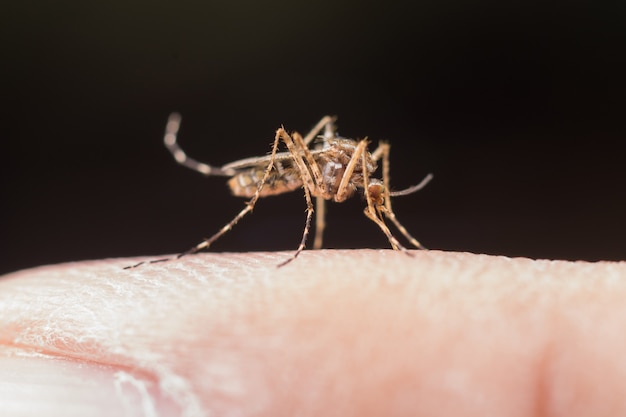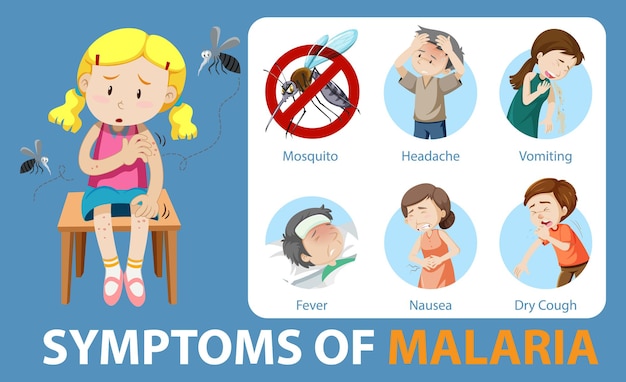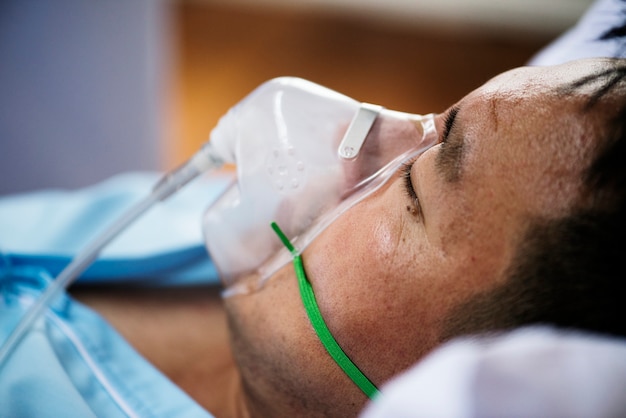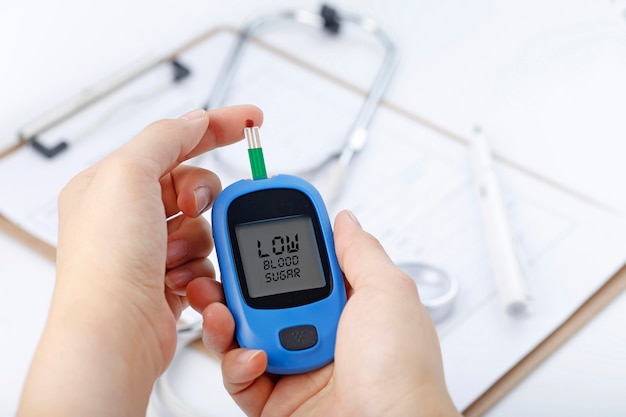The World Malaria Day is held yearly on 25th April to make awareness about signs of Malaria and essential measures to prevent Malaria. This year’s theme for World Malaria day is “reaching zero malaria target.”
To fulfill the above goal, let’s first look into why and how Malaria spread?
Malaria is a disease resulting from a plasmodium parasite spread by the bites of infected mosquitoes. As the parasites of Malaria is mainly carried through blood so it can also be transmitted by:-
- Any insects bite
- Any animal bites
- Organ transplantation
- Transfusion
- Used injection syringes

Facts: According to WHO(World Health Organization), in India, per year, 15 million people are affected by Malaria, and Worldwide, 18%-28% of deaths are due to Malaria.
Symptoms:
Symptoms of Malaria usually show up within 10-15 days. But sometimes, it may take an extended time to develop symptoms.
The common symptoms are as follows:-
● Chills
● Fever
● Cough
● Headache
● Excessive sweating
● Fatigue
● Pain in abdomen
● Puking
● Shivering
● Nausea
● Muscle or joint pain
● Fast heart rate
● Breathing problem

When to consult a doctor?
Contact a doctor if you face any of the above symptoms with a high fever, especially in monsoons or places with high affected rates of Malaria. If you are noticing any signs, seek medical help.
Deadly complications:
Malaria can be life-threatening to someone without having proper care and treatment.
Here are some of those deadly complications caused by Malaria:
- Cerebral Malaria
Cerebral Malaria is caused by severe plasmodium falciparum infection. Cerebral Malaria can cause permanent brain damage, and it also may lead to coma.

- Low blood sugar
In some cases, Malaria may lead to low blood sugar because of Quinine (Quinine is used to cure Malaria). Extremely low blood sugar may also lead to coma.

- Organ failure
Malaria can cause severe damage to the liver and kidney, which eventually results in organ failure.

How to prevent Malaria?
Malaria may be a fatal disease, but with proper precautions, we can protect ourselves from Malaria.
Required steps to prevent Malaria are given below:-
- If possible, cover the holes and windows with nets to ensure to close the way for mosquitos.
- Use mosquito repellents on the skin before stepping outside. You can use it while you are indoors.
- Sleep under fully covered bed nets. So that you can avoid mosquito bites while you are asleep.
- Try to wear fully covered, full sleeves clothes in the evenings, especially during the monsoon.
- Keep your surroundings clean so that you can avoid mosquitos.
Malaria may be a fatal disease, but by keeping all these above things in mind, we can surely complete the goal of “reaching zero malaria targets.”















